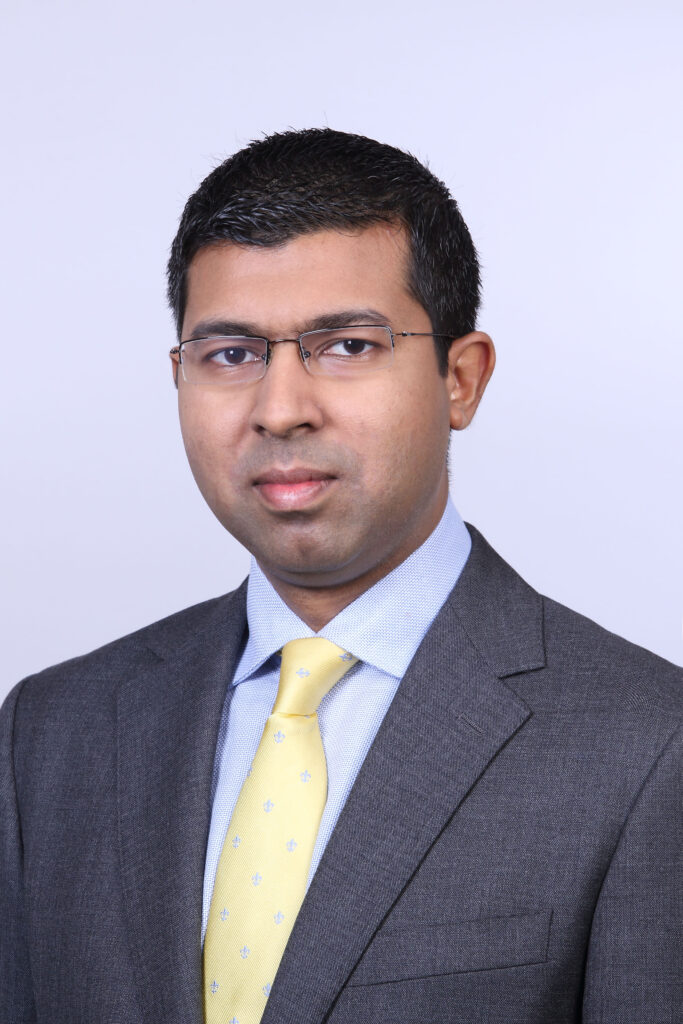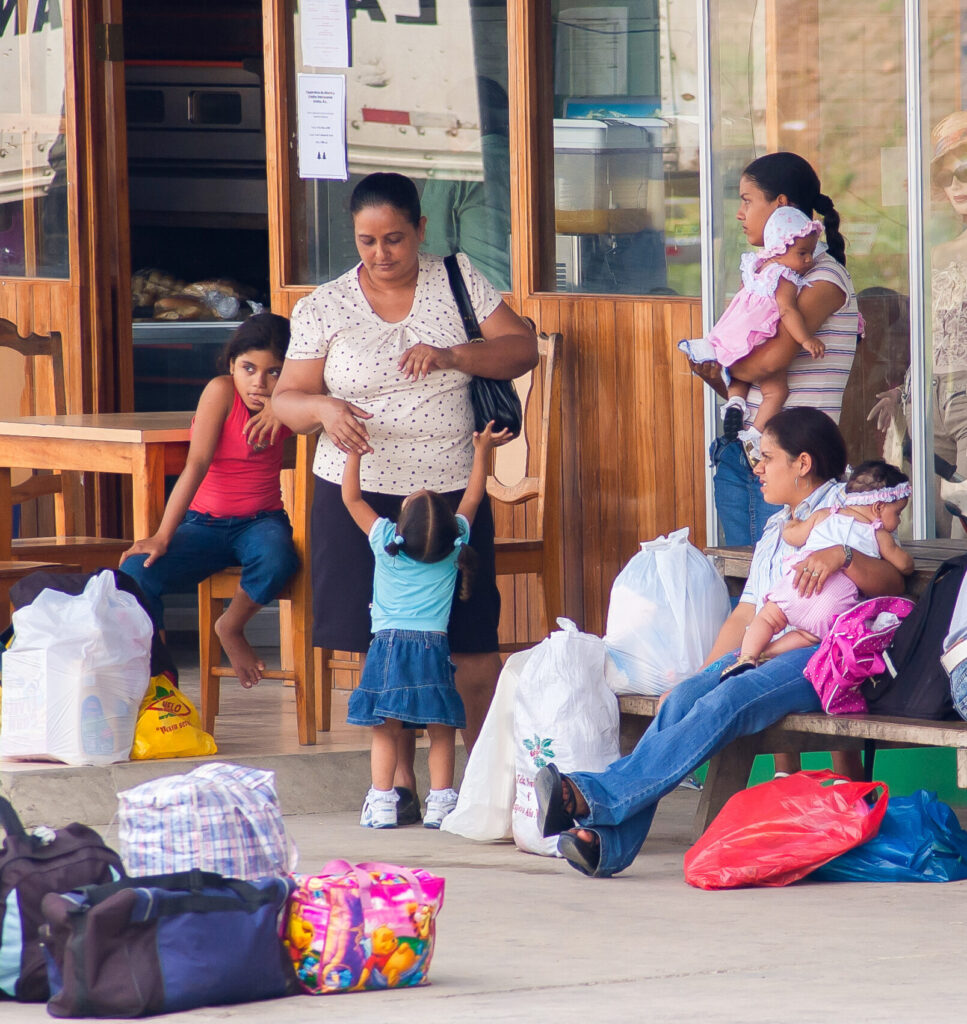
The economic repercussions of COVID-19 will be felt most acutely by poor and marginalized communities – particularly women – in developing economies. They need to have access to immediate tools and services that empower them to navigate crises. COVID-19 represents the current crisis, but it will not be the last.
Banking on the resilience of their clients, responsible microfinance operators such as BRAC demonstrate how meeting urgent needs of low-income communities now can help to determine the social and economic health of these communities in the post-COVID world. The pandemic warrants an urgent response – from BRAC, its peers, and the capital providers who support them – to provide the right financial tools to help clients strengthen their inherent resilience at the individual, household and community level.
The hope is that we tap our global experience to invest in solutions that mitigate the negative effects of future crises.
The hope is that we may tap our global experience to act in ways that not only address the immediate needs of individuals and communities confronting the disease, but also invest in solutions that we can prove will mitigate the negative effects of future crises.
Relief, Recovery and Rebuild: The BRAC Perspective
COVID-19 responses will take the arc of three phases: relief, recovery and rebuild. In the relief phase, the focus is on meeting urgent health, food, sanitation, and shelter needs of people. In recovery, the focus is on restoring people’s livelihoods and economic situation that existed immediately prior to the onset of the crisis. In rebuild, the focus is on improving people’s economic and social situations at an individual and community level so that they are in a stronger position going forward. In crisis situations, microfinance interventions delivered by BRAC and its peer operators are often seen through the lens of relief and recovery.
But the real relevance and lasting contributions of responsible microfinance are best understood through the lens of rebuild. Microfinance operators like BRAC bear witness to the extraordinary determination, creativity, flexibility, stamina, will and hope of poor people across the globe when confronted with a crisis. With their ability to absorb shocks and dislocation without being thrown completely off course, the poor know how to rebuild their lives better than most.
The Power of Resilience: Connecting the Three Phases of Response
Resilience is about building sufficient resource capacity to absorb adversity, thereby preserving – at a minimum – the pre-crisis set of circumstances and avoiding a slide into economic, social and health despair.
The connective tissue between relief, recovery and rebuild is this robust resilience, and the results flowing from the arc of crisis response would be significantly improved by considering resilience as a core objective throughout. With resilience as an explicit objective, there would be greater likelihood that people, particularly poor people, would be able to withstand a crisis without fundamental deterioration of their individual and household situations.
With resilience as an explicit objective, people would be able to withstand a crisis without deterioration of their individual and household situations.
Tapping resilience as a guiding objective through the arc of a crisis would build upon and amplify the inherent resilience of those most affected by the crisis, producing a multiplier effect that would further bolster the social, health and economic fabric of poor communities everywhere. Such an effect could help to substitute the familiar cycle of rebuilding to restore a pre-crisis status quo with an opportunity to build beyond the pre-crisis reality and achieve enhanced prosperity.
Assessing Resilience Through Opportunity and Risk Lenses
There are two lenses to assess the power of resilience: the opportunity lens and the risk lens.
The opportunity lens highlights the positive impact that can be attained by strengthening resilience of individuals, households and communities. Resilient growth is more stable and less volatile. It is growth that is more predictable and long-lasting. Because there is holistic consideration of the individual, household and community, resilient progression ripples across the social, health, education, housing and other dimensions of life.
Resilient growth is more stable and less volatile.
The risk lens highlights the costs to the private and public sector arising from a lack of resilience. Economic and social analysis of crises consistently shows that keeping people connected – to productive means of economic activity, to social constructs, to resources that meet basic needs – is far less costly to communities and nations than permitting those connections to be broken. When that happens, it takes more energy, effort, cost and time to reestablish connections. Inevitably, many people are left out, permanently residing outside social and economic safety nets.
Responsible Microfinance Enables Greater Resilience for the Poor
There is concrete evidence, based on decades of experience of a core group of microfinance operators, including BRAC, that responsible microfinance contributes to resilience at the individual, household, enterprise and community levels. It does so by providing borrowers the tools they need to convert their resilient behaviors into realized results of more and stable income (with the related benefits of better nutrition, health and educational opportunities). This contribution amplifies the inherent resilience of the poor and fortifies their enduring strength.
BRAC’s experience confronting the Ebola crisis in West Africa is recent evidence of this. In addition, recent results from a set of lean data surveys commissioned by BRAC just prior to the COVID-19 pandemic yield some interesting findings supporting the notion of resilience:
- On average, 91 percent of BRAC’s microfinance clients reported that their ability to save had increased to some extent.
- On average, 83 percent reported using savings to pay for an emergency expense after working with BRAC, compared to 44 percent before.
- Eighty-four percent of BRAC’s microfinance clients reported that their ability to plan their finances had increased to some extent.
An Opportunity to Invest in Resilience
BRAC and its peer group of microfinance operators across the globe are proactively preparing to provide additional liquidity to local communities in response to the needs of clients, with the goal of being ready to respond immediately once in-country operations recommence.
These operators offer an opportunity to invest now in building resilience in poor and marginalized communities, strengthening their ability to withstand crises to come. The investment opportunity seeks like-minded institutional investors who understand and support the powerful objective of resilience. These investors pursue an investment return that can be measured by the core dimensions of resilience – steady financial yield embedded in a multiplier effect of stronger households, enterprises and communities. COVID-19 has captured our global attention. Let’s direct that attention to banking on the resilience of poor people. Recurring dividends will be realized by all.










